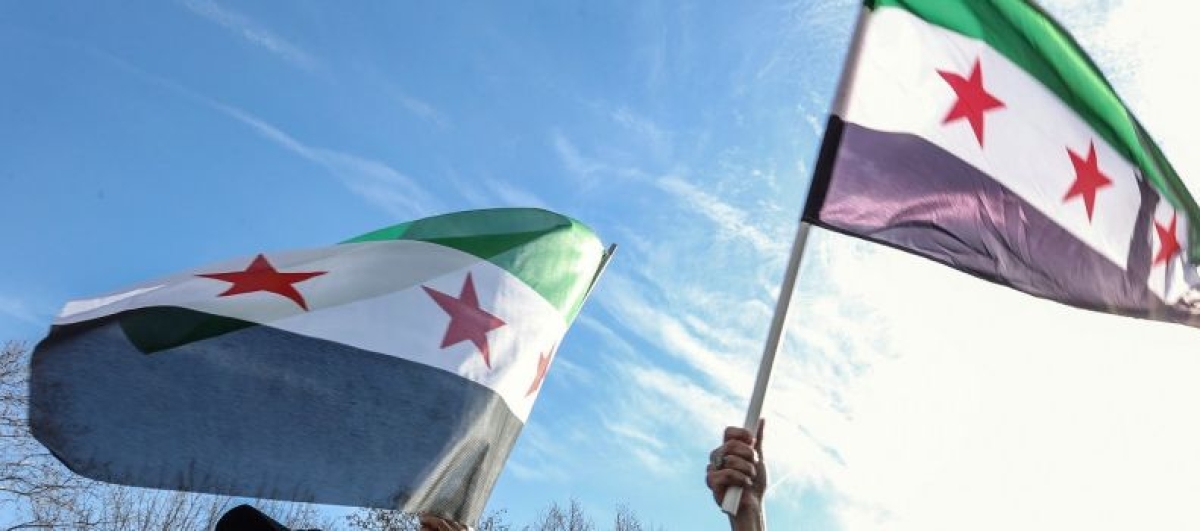Vor zehn Jahren: Das Verstummen der Säkularen

Bildquelle: Free Syria
Aus dem Archiv vom 20. April 2013:
In Open Democarcy schreibt eine Aktivistin namens Rita über den Stand der Dinge in der syrischen Tragödie, sie schreibt, wie nach zwei Jahren blutigen Gemetzels, das hohe UN-Vertreter inzwischen als größte Katastrophe nach Ende des II. Weltkrieges bezeichnen, viele, die allerdings weniger werden, immer noch versuchen, so etwas wie zivilen Widerstand Aufrecht zu erhalten. Unterstützung erfahren sie keine, sie sind die ersten Opfer des Assadschen Repressionsapparates und nun zunehmend auch auf der Abschussliste der Islamisten.
Wer kann, d. h. wer bislang nicht erschossen oder eingeknastet wurde, versucht zu fliehen, schließt sich also den Millionen Flüchtlingen an, die dieser Konflikt inzwischen produziert hat. Und deshalb werden die Stimmen derjenigen, die sich säkular nennen, auch wenn sie nicht verstummen, leiser. Wer davon profitiert? Rita erklärt es eindrücklich: die Islamisten und noch irgendwelche “left wingers", von denen man im Nahen Osten leider in der Regel nichts Gutes zu erwarten hat:
After Syria had been emptied of most of its peaceful activists, Islamists emerged as the main players on the political scene and secularists rapidly lost ground. According to rumours not yet proven, prominent figures in the Muslim Brotherhood played a role in enticing activists out of Syria in return for material compensation and political promises. M.A. is an activist from Aleppo who left Syria for France to participate in some “national project", but he later discovered that he had been used as a secular cover for an Islamic organisation funding armed militias.
The role of secular activists was never meant to be left standing empty. The new brand of activists in Syria are Islamists who generally support the FSA and have relations with the leftist wing of the revolution. Mohammad used to attend every meeting of peaceful activists two years ago being supported by his communist father. Eventually, he chose the Islamist side and joined the FSA as a spokesperson for one of the battalions: “Islamists are the most trusted because they didn’t leave Syria for any benefit but are rather fighting on the front line.”
Is it to be expected then that this revolutionary social transformation will now take the form of an armed conflict with a clear and almost complete Islamist colouring? How necessary was it to lose the energies of our secular youth to the four winds? Will any shift in the balance of power or a tipping of scales in this moribund stalemate we now find ourselves in, lead to a return of those activists who are now abroad? I sincerely hope so.